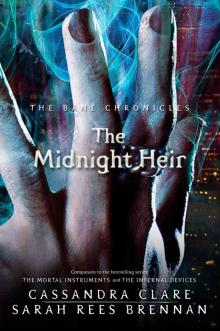 The Midnight Heir
The Midnight Heir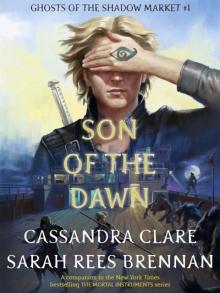 Son of the Dawn
Son of the Dawn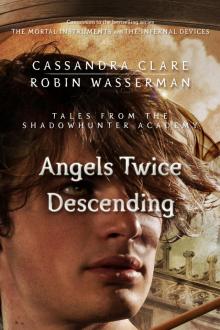 Angels Twice Descending
Angels Twice Descending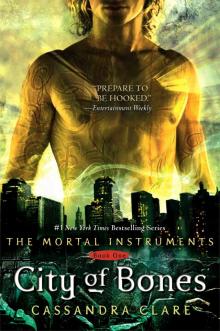 City of Bones
City of Bones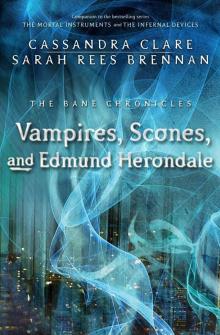 Vampires, Scones, and Edmund Herondale
Vampires, Scones, and Edmund Herondale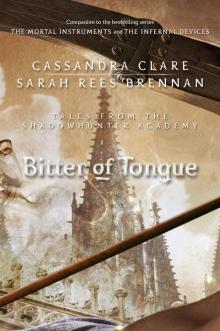 Bitter of Tongue
Bitter of Tongue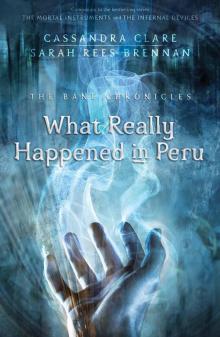 What Really Happened in Peru
What Really Happened in Peru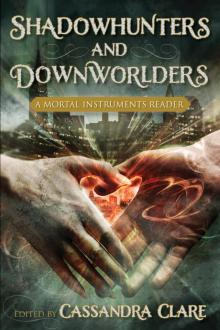 Shadowhunters and Downworlders
Shadowhunters and Downworlders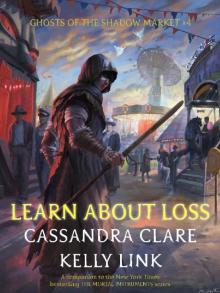 Learn About Loss
Learn About Loss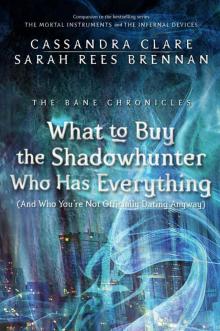 What to Buy the Shadowhunter Who Has Everything
What to Buy the Shadowhunter Who Has Everything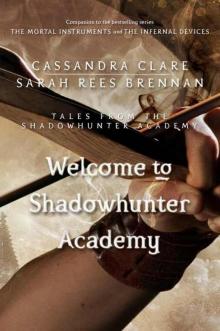 Welcome to Shadowhunter Academy
Welcome to Shadowhunter Academy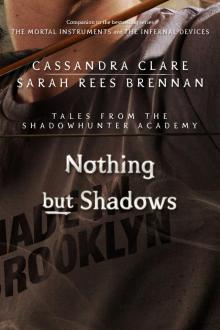 Nothing but Shadows
Nothing but Shadows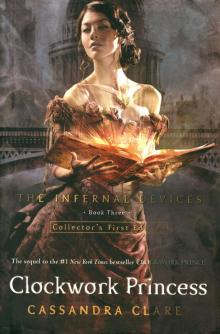 Clockwork Prince
Clockwork Prince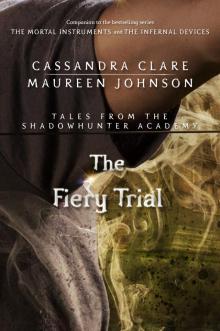 The Fiery Trial
The Fiery Trial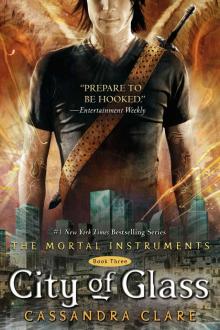 City of Glass
City of Glass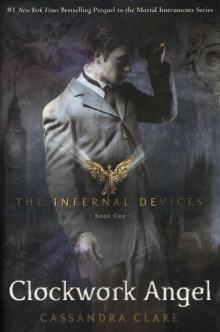 Clockwork Angel
Clockwork Angel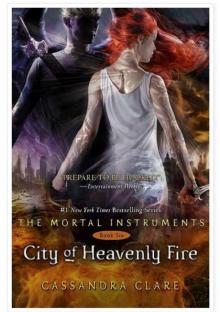 City of Heavenly Fire
City of Heavenly Fire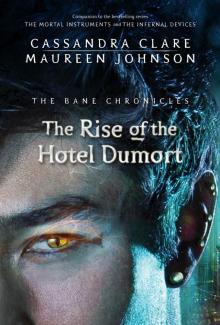 The Rise of the Hotel Dumort
The Rise of the Hotel Dumort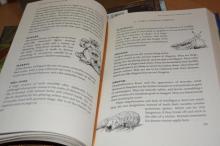 The Shadowhunters Codex
The Shadowhunters Codex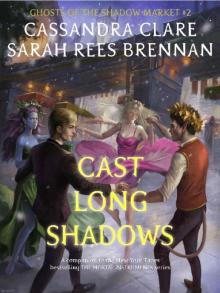 Cast Long Shadows
Cast Long Shadows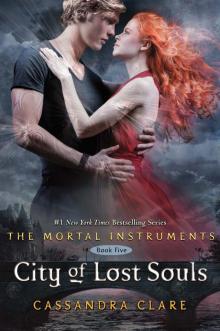 City of Lost Souls
City of Lost Souls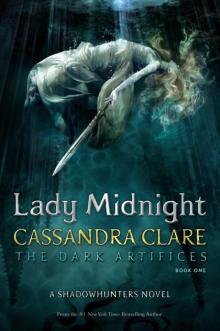 Lady Midnight
Lady Midnight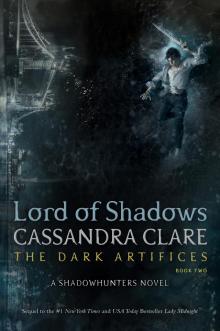 Lord of Shadows
Lord of Shadows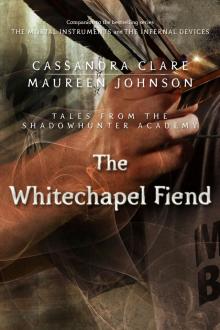 The Whitechapel Fiend
The Whitechapel Fiend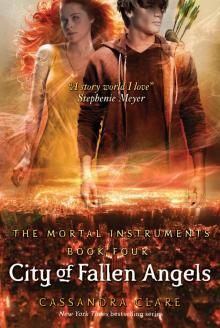 City of Fallen Angels
City of Fallen Angels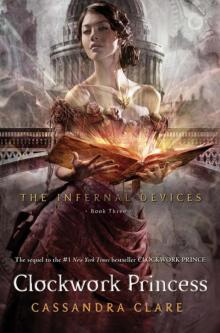 Clockwork Princess
Clockwork Princess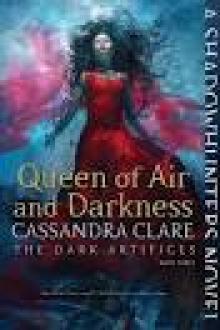 Queen of Air and Darkness
Queen of Air and Darkness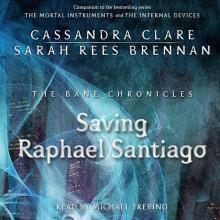 Saving Raphael Santiago
Saving Raphael Santiago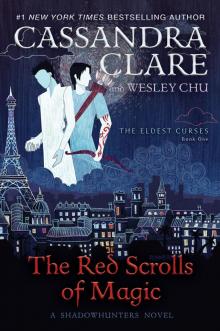 The Red Scrolls of Magic
The Red Scrolls of Magic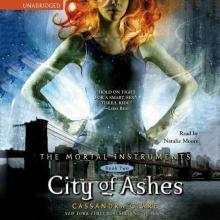 City of Ashes
City of Ashes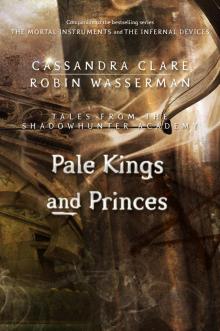 Pale Kings and Princes
Pale Kings and Princes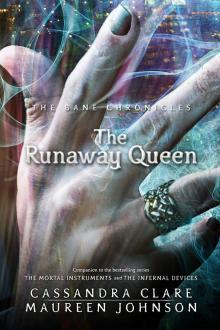 The Runaway Queen
The Runaway Queen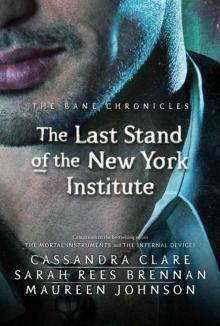 The Last Stand of the New York Institute
The Last Stand of the New York Institute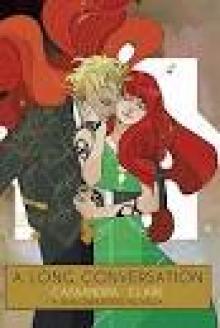 A Long Conversation (The Shadowhunter Chronicles)
A Long Conversation (The Shadowhunter Chronicles)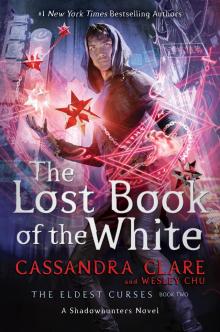 The Lost Book of the White
The Lost Book of the White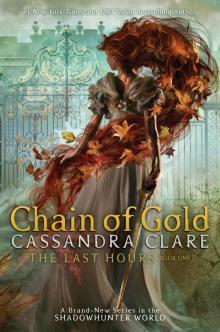 Chain of Gold
Chain of Gold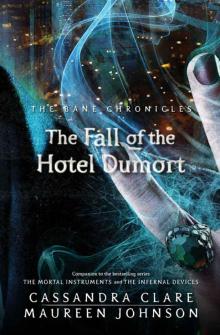 The Fall of the Hotel Dumort
The Fall of the Hotel Dumort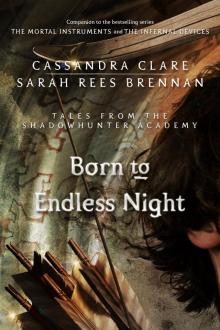 Born to Endless Night
Born to Endless Night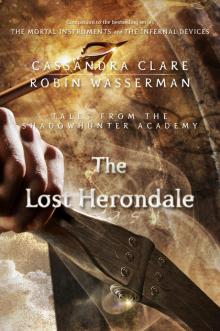 The Lost Herondale
The Lost Herondale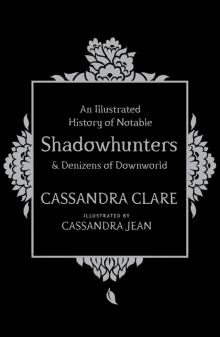 An Illustrated History of Notable Shadowhunters & Denizens of Downworld
An Illustrated History of Notable Shadowhunters & Denizens of Downworld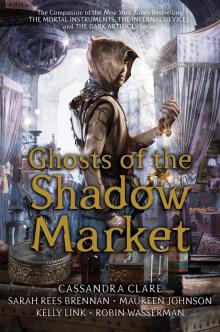 Ghosts of the Shadow Market
Ghosts of the Shadow Market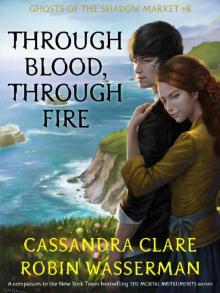 Through Blood, Through Fire
Through Blood, Through Fire Every Exquisite Thing
Every Exquisite Thing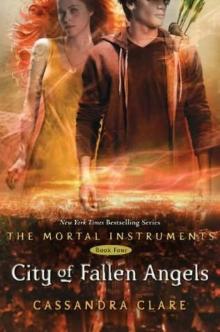 City of Fallen Angels mi-4
City of Fallen Angels mi-4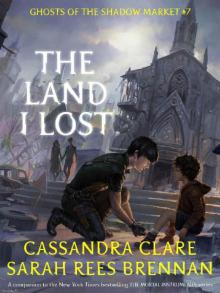 The Land I Lost (Ghosts of the Shadow Market Book 7)
The Land I Lost (Ghosts of the Shadow Market Book 7)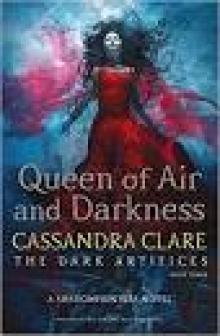 Queen of Air and Darkness (The Dark Artifices #3)
Queen of Air and Darkness (The Dark Artifices #3)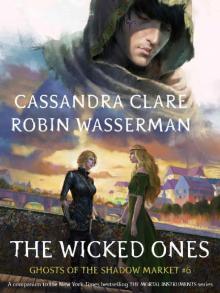 The Wicked Ones (Ghosts of the Shadow Market Book 6)
The Wicked Ones (Ghosts of the Shadow Market Book 6)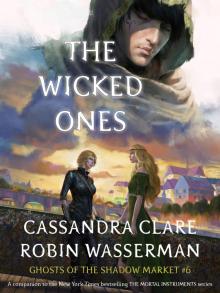 The Wicked Ones
The Wicked Ones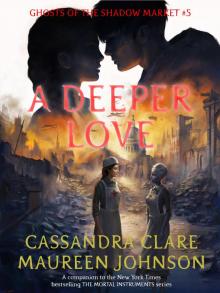 A Deeper Love
A Deeper Love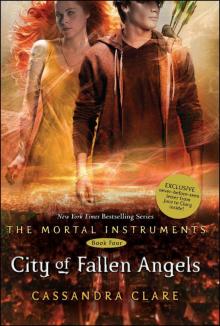 City of Fallen Angels (4)
City of Fallen Angels (4)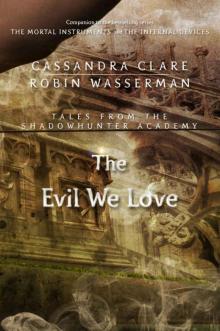 The Evil We Love (Tales from the Shadowhunter Academy Book 5)
The Evil We Love (Tales from the Shadowhunter Academy Book 5)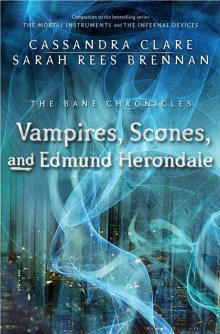 Vampires, Scones, and Edmund Herondale tbc-3
Vampires, Scones, and Edmund Herondale tbc-3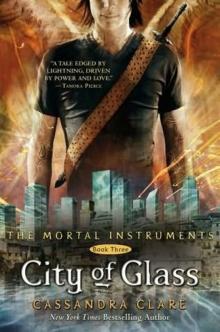 City of Glass mi-3
City of Glass mi-3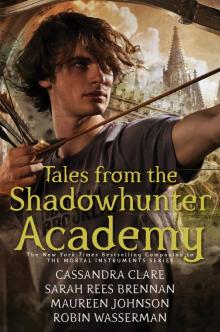 Tales from the Shadowhunter Academy
Tales from the Shadowhunter Academy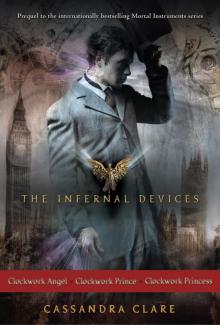 The Infernal Devices Series
The Infernal Devices Series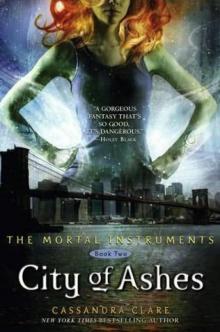 City of Ashes mi-2
City of Ashes mi-2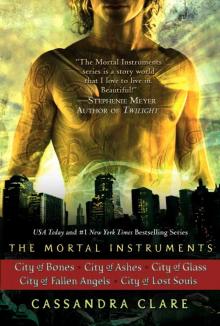 Cassandra Clare: The Mortal Instruments Series
Cassandra Clare: The Mortal Instruments Series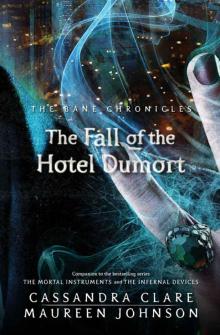 The Bane Chronicles 7: The Fall of the Hotel Dumort
The Bane Chronicles 7: The Fall of the Hotel Dumort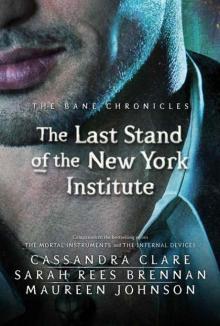 The Last Stand of the New York Institute (The Bane Chronicles)
The Last Stand of the New York Institute (The Bane Chronicles)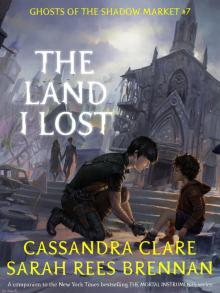 The Land I Lost
The Land I Lost![Saving Raphael Santiago - [Bane Chronicles 06] Read online](http://i1.bookreadfree.com/i1/04/03/saving_raphael_santiago_-_bane_chronicles_06_preview.jpg) Saving Raphael Santiago - [Bane Chronicles 06]
Saving Raphael Santiago - [Bane Chronicles 06]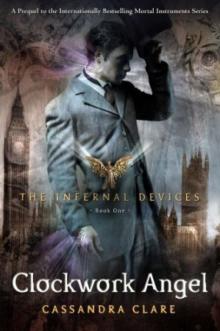 Clockwork Angel tid-1
Clockwork Angel tid-1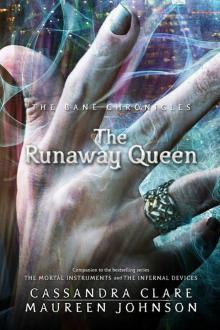 The Runaway Queen tbc-2
The Runaway Queen tbc-2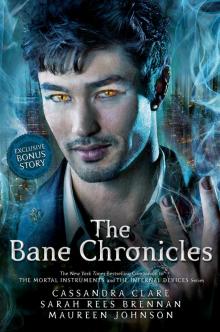 The Bane Chronicles
The Bane Chronicles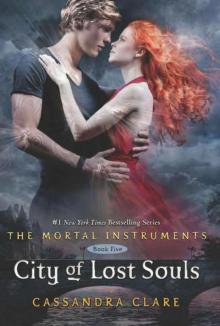 City of Lost Souls mi-5
City of Lost Souls mi-5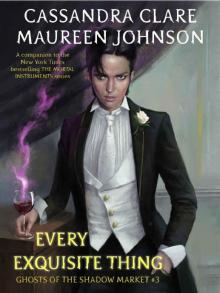 Every Exquisite Thing (Ghosts of the Shadow Market Book 3)
Every Exquisite Thing (Ghosts of the Shadow Market Book 3)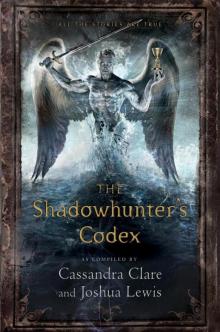 Shadowhunter’s Codex
Shadowhunter’s Codex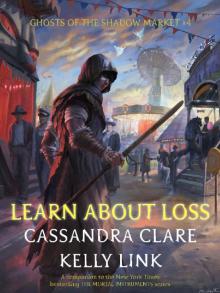 Learn About Loss (Ghosts of the Shadow Market Book 4)
Learn About Loss (Ghosts of the Shadow Market Book 4)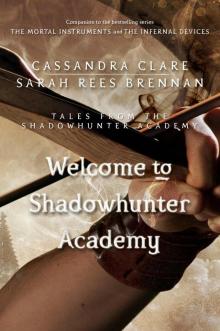 Welcome to Shadowhunter Academy (Tales from the Shadowhunter Academy Book 1)
Welcome to Shadowhunter Academy (Tales from the Shadowhunter Academy Book 1)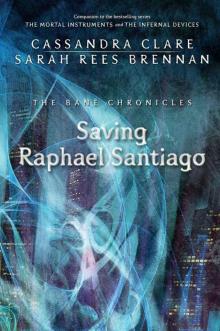 Saving Raphael Santiago tbc-6
Saving Raphael Santiago tbc-6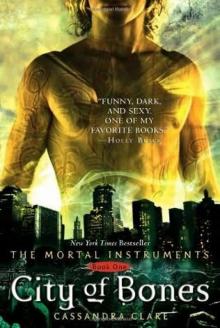 City of Bones mi-1
City of Bones mi-1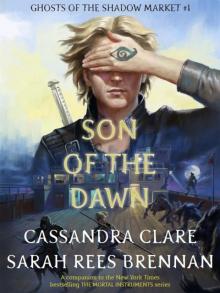 Ghosts of the Shadow Market Book 1_Son of the Dawn
Ghosts of the Shadow Market Book 1_Son of the Dawn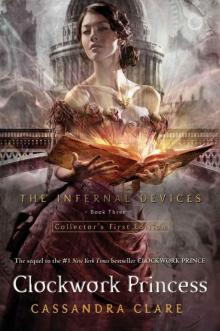 Clockwork Princess (Infernal Devices, The)
Clockwork Princess (Infernal Devices, The)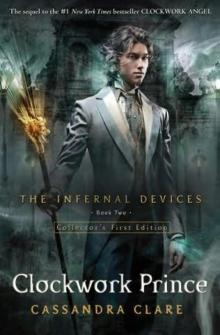 Clockwork Prince tid-2
Clockwork Prince tid-2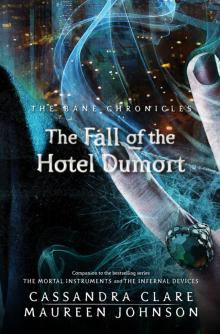 No Immortal Can Keep a Secret
No Immortal Can Keep a Secret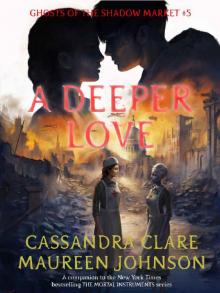 A Deeper Love (Ghosts of the Shadow Market Book 5)
A Deeper Love (Ghosts of the Shadow Market Book 5)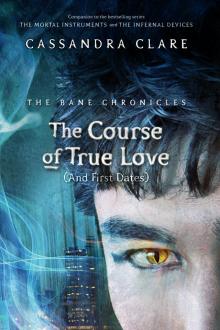 The Course of True Love (and First Dates)
The Course of True Love (and First Dates)